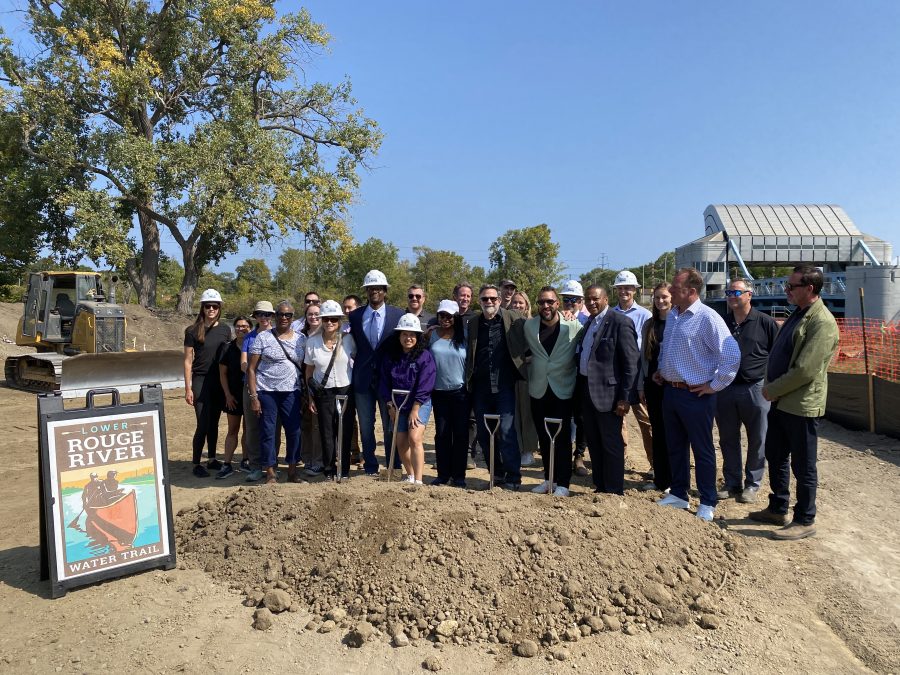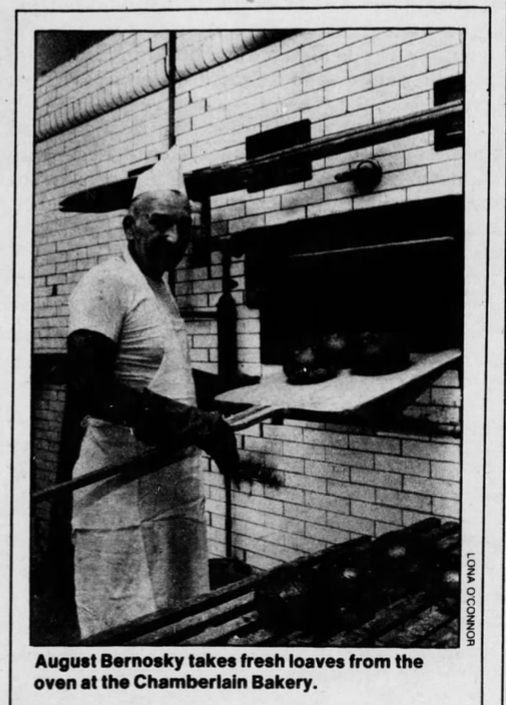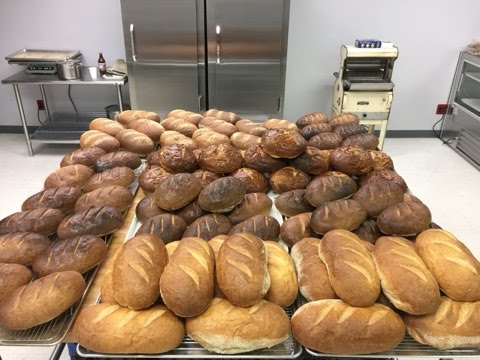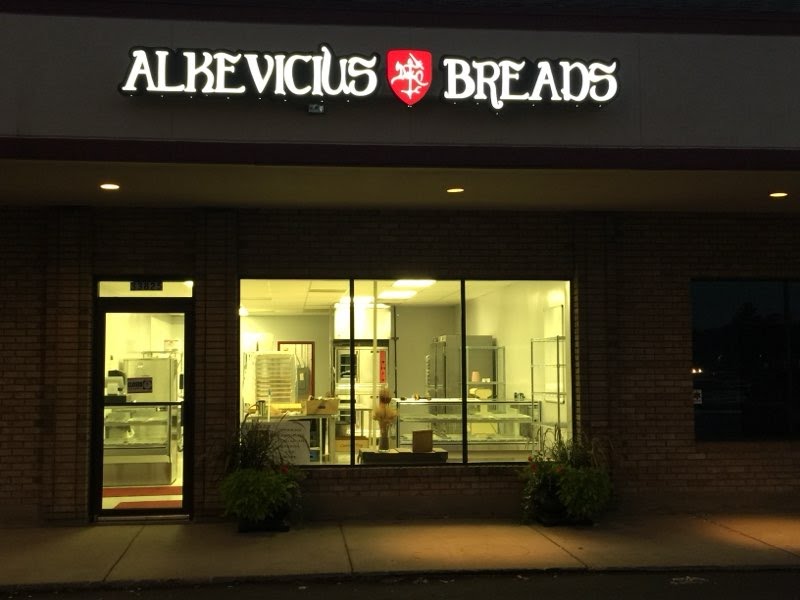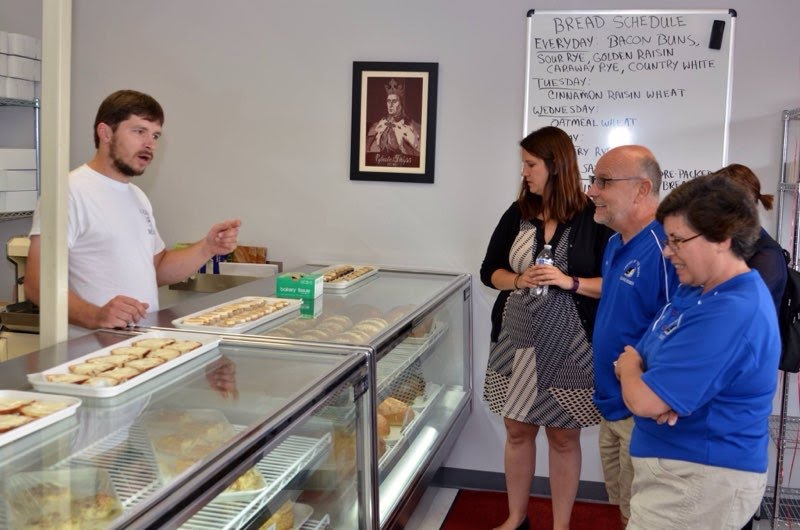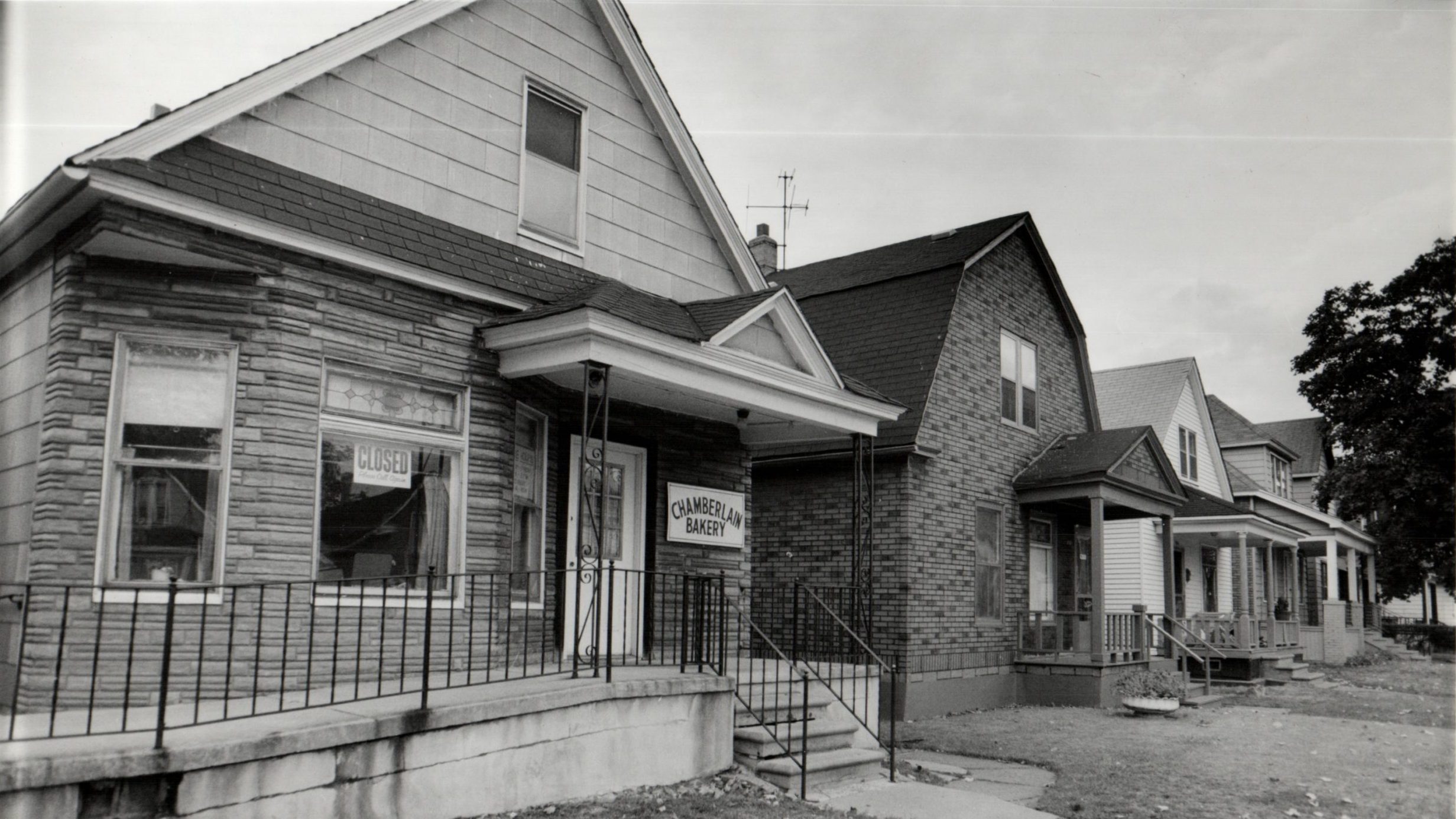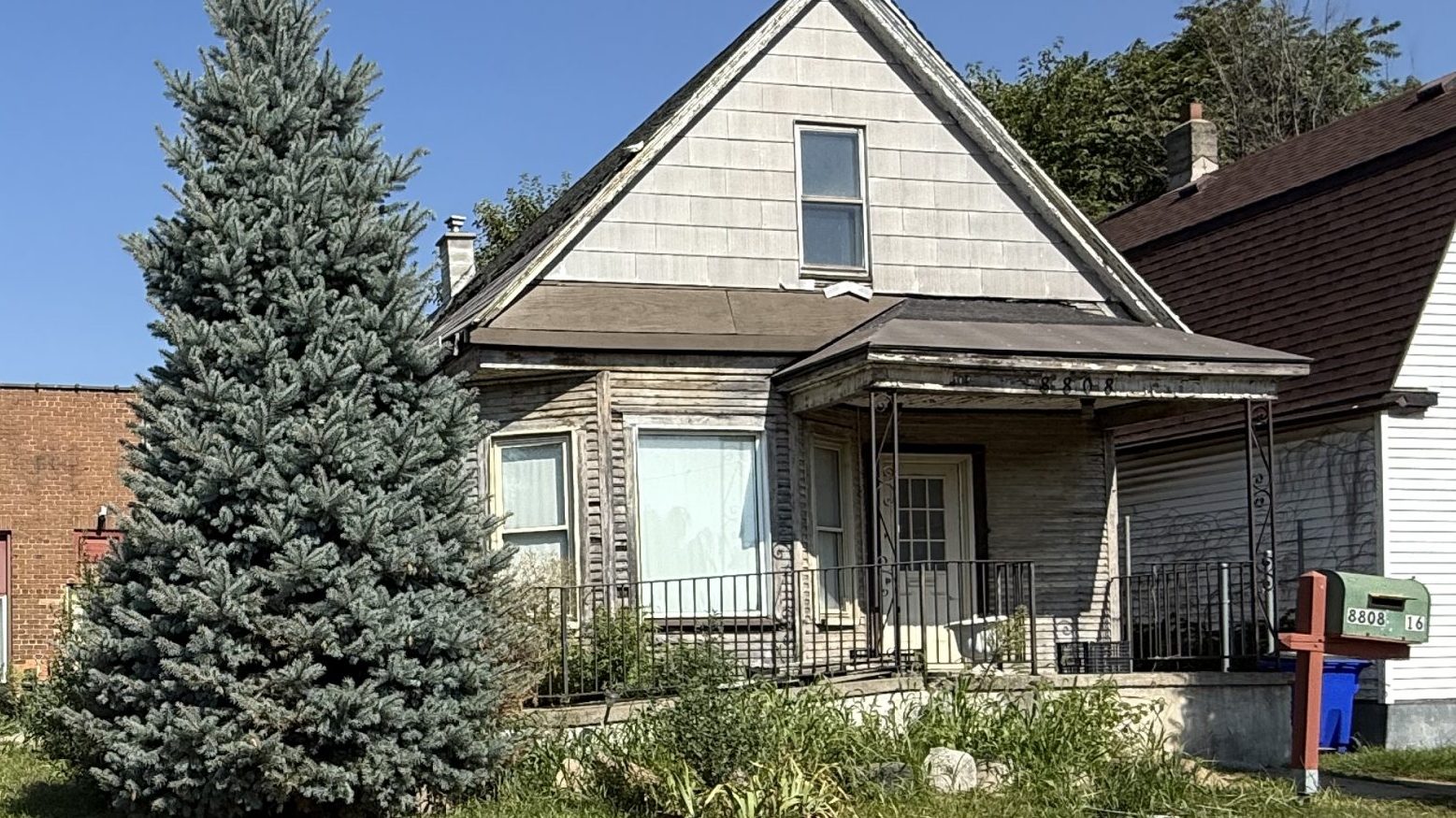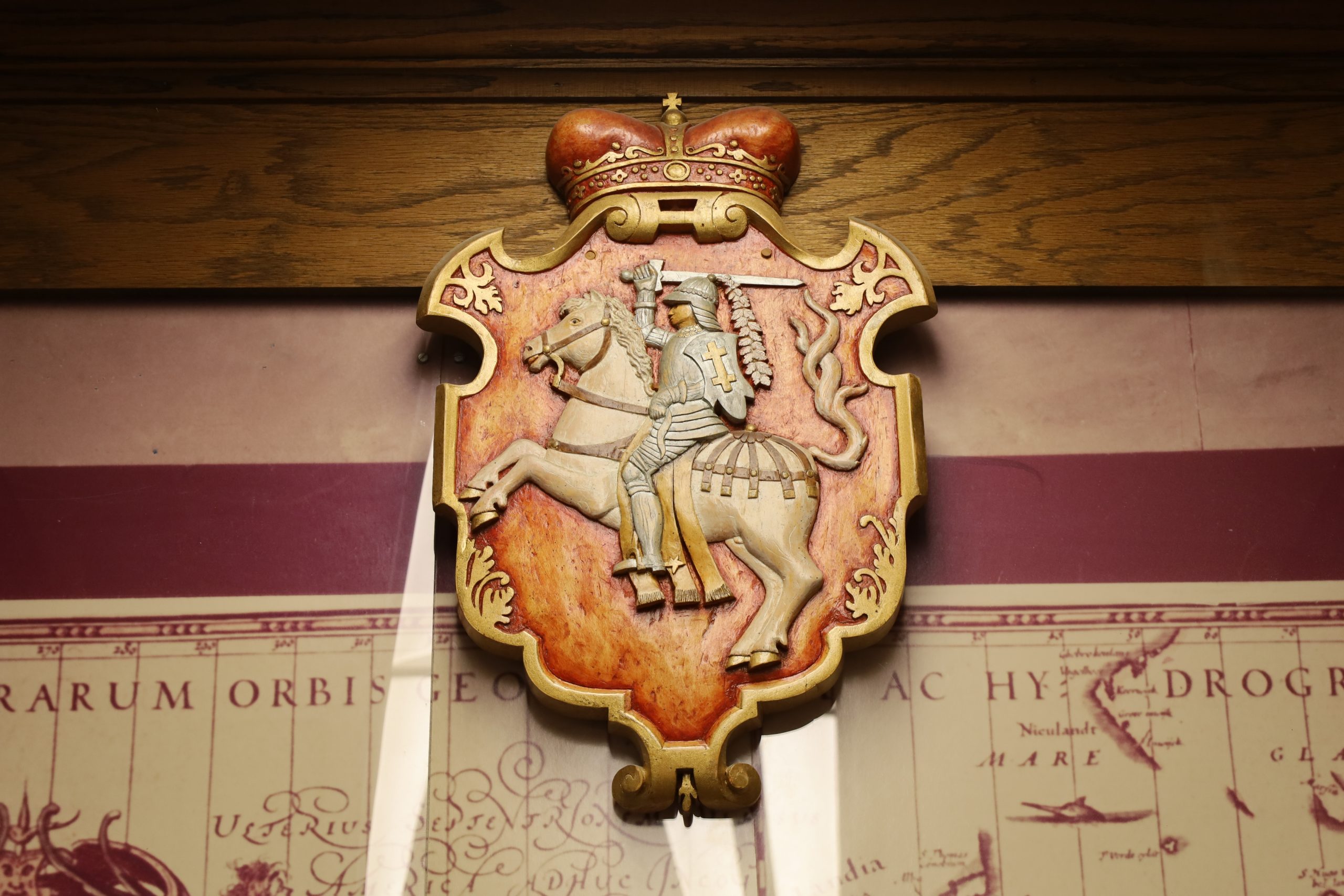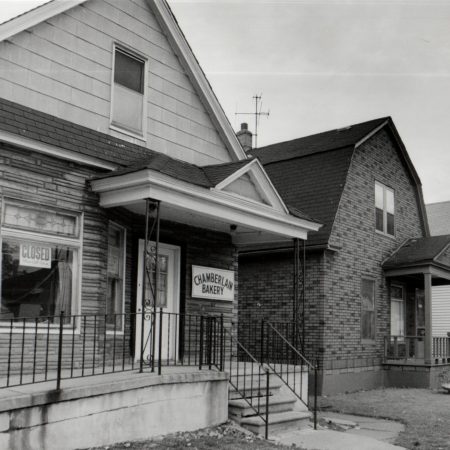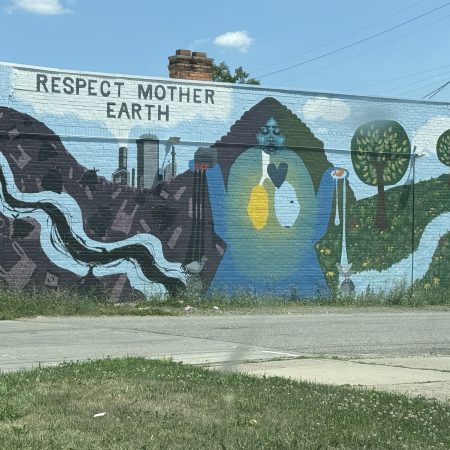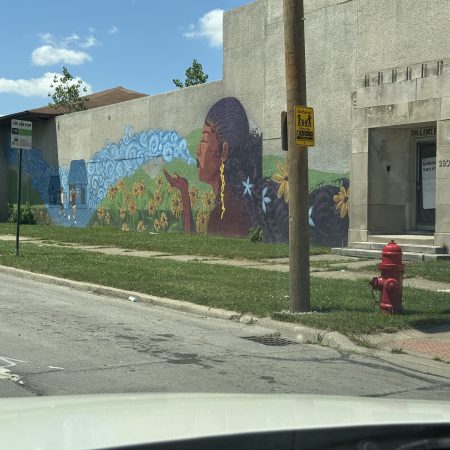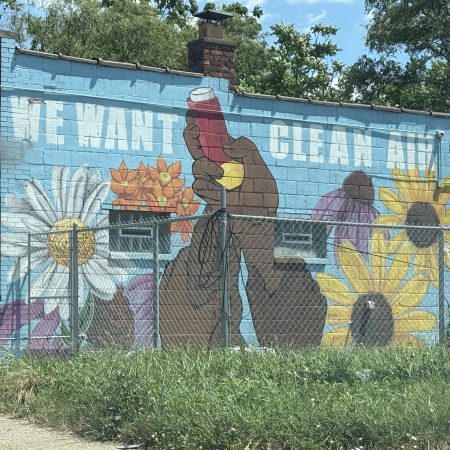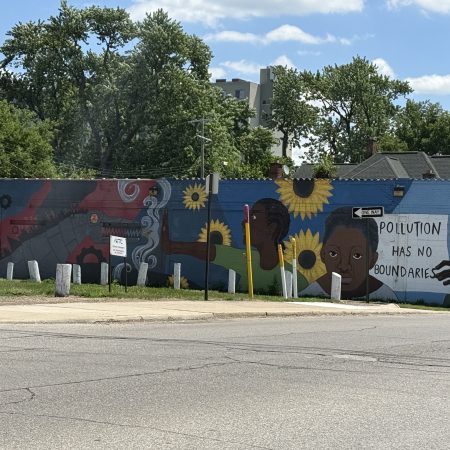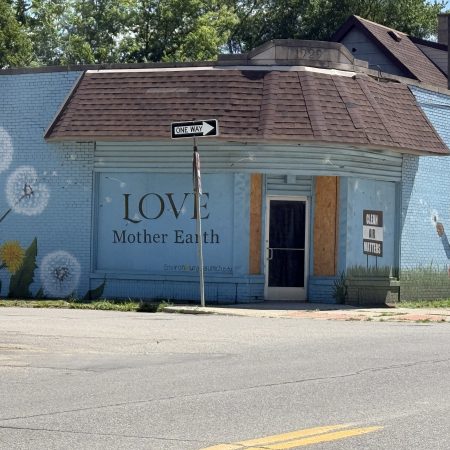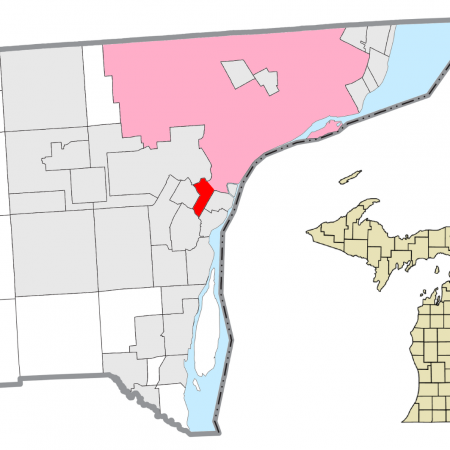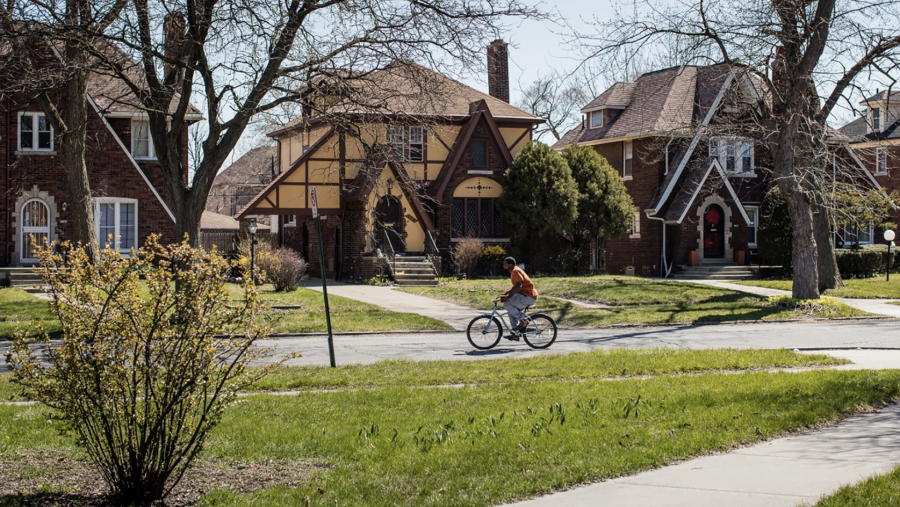Detroit Evening Report: Whitmer urges Trump to reconsider new H1B visa cost
Michigan Governor Gretchen Whitmer says she shared her concerns with President Trump about his new H1B visa policy which makes the price of applying for a visa $100,000.
H1B visas allow companies to bring in international workers for specialized jobs requiring higher education. Whitmer says she told President Trump that raising the application cost of those visas by around 10,000% could hurt Michigan’s economy.
Whitmer adds the state’s medical and automotive industries could be directly impacted by visa policy changes, saying large numbers of Canadian workers in fields like nursing and engineering rely on the visas.
Additional headlines from Tuesday September 30, 2025
Southwest Detroit hosts forum for candidates in upcoming election
A group of local community organizations is hosting the State of Southwest: A Municipal Candidate Forum on October 11.
Candidates for mayor, City Council District 6 and at-large seats have been invited to hear personal testimonies and concerns from residents of Southwest Detroit before sharing their plans to address the problems.
Organizers include 482Forward, Detroit Hispanic Development Corporation, Michigan League of Conservation Voters Education Fund, Michigan United, Raices Detroit, Urban Neighborhood Initiatives and We the People MI.
The forum is Saturday October 11 from noon to 3 p.m. in the El Nacimiento warehouse at 7000 W Vernor Hwy.
Resource guide for Native Americans returns
The state is relaunching a resource guide for Michigan tribal communities.
The Office of Civil Rights began publishing the Michigan Indian Quarterly more than 30 years ago. Now the Native American Resource Guide will be produced by the Department of Lifelong Education Advancement and Potential in partnership with Michigan State University’s Native American Institute.
The guide will include a list of tribal, state and federal contacts, education, legal and health resources, scholarship opportunities, genealogical research tools and artwork from Native artists from Michigan.
Print copies can be requested at nai@msu.edu.
Hamtramck Neighborhood Arts Festival
The Hamtramck Neighborhood Arts Festival is this weekend.
The city’s creative community invites visitors to their home studios and front porches as well as to coffee shops, galleries and parks throughout the city. Organizers say the festival is meant to show that art is for everyone and that all are welcome.
The Hamtramck Night Bazaar will offer food and goods from a variety of vendors, and stores and restaurants will also be open. For more information visit hnaf.org.
DNR on the lookout for Belle Isle alligator
The Michigan Department of Natural Resources has confirmed sightings of a small alligator roaming on Belle Isle.
The Detroit Free Press reports someone took a picture of the gator and shared it on social media. The DNR reviewed the photograph and used geolocation data to determine its authenticity.
The agency says it doesn’t know how the reptile got there, but it reminds people that releasing pets or wild animals on Belle Isle or other state parks is illegal and harmful to native creatures.
Listen to the latest episode of the “Detroit Evening Report” on Apple Podcasts, Spotify, NPR.org or wherever you get your podcasts.
Support local journalism.
WDET strives to cover what’s happening in your community. As a public media institution, we maintain our ability to explore the music and culture of our region through independent support from readers like you. If you value WDET as your source of news, music and conversation, please make a gift today.The post Detroit Evening Report: Whitmer urges Trump to reconsider new H1B visa cost appeared first on WDET 101.9 FM.

